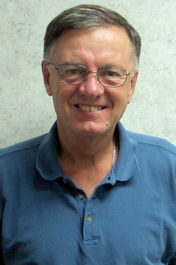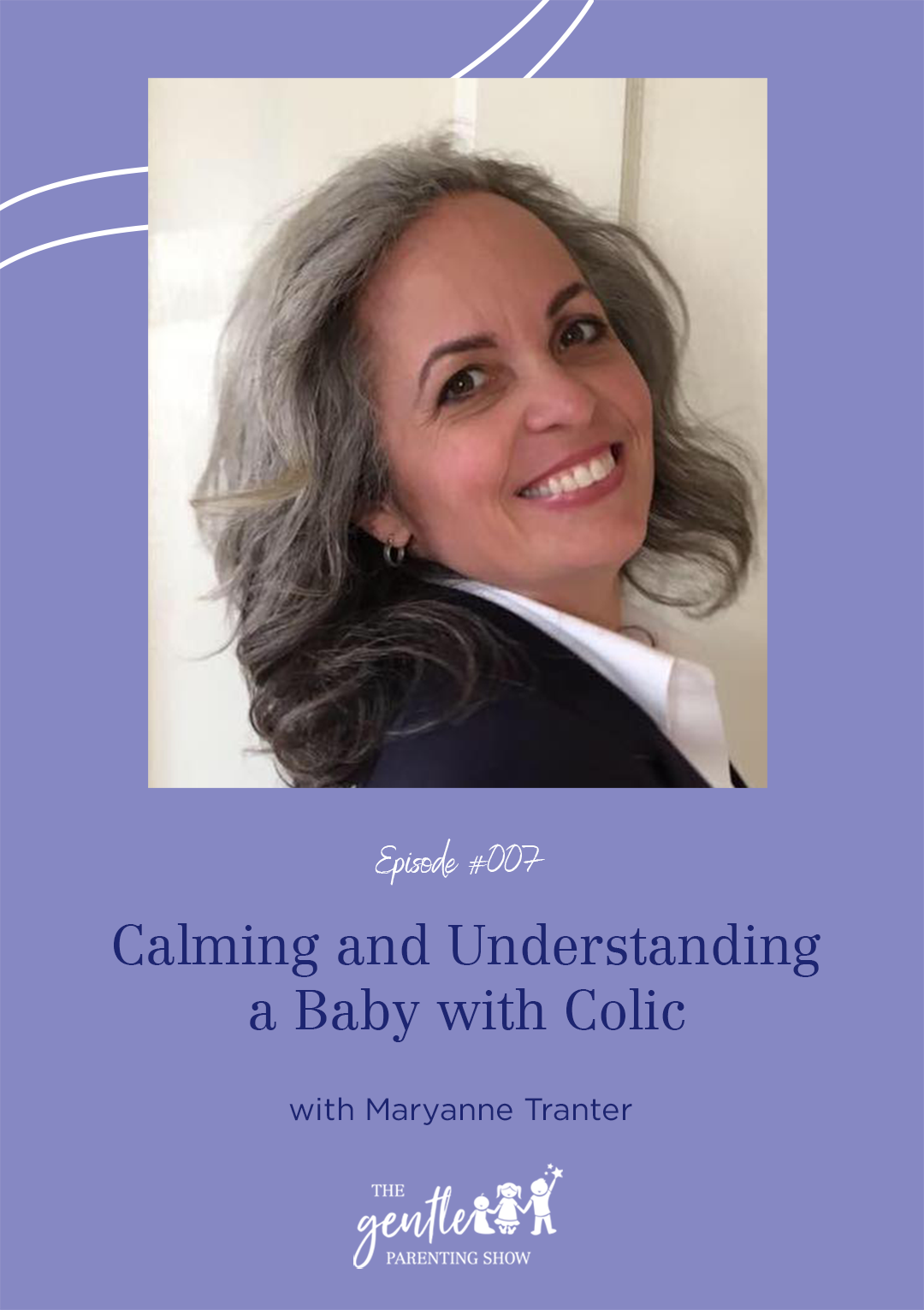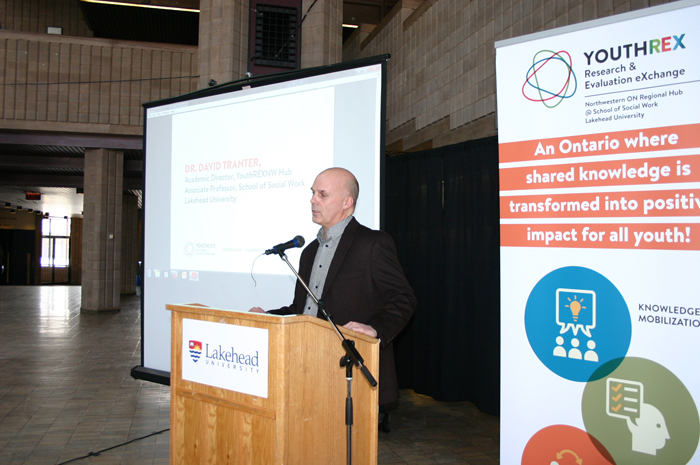

You can connect with them on their website, The Third Path. I think you will gain some practical insight into how you might improve your impact with these students in our interview. Although they do get into a lot of the information, what I think sets this resource apart is the focus on practical application of how to make it come alive in classrooms.Ĭhildren who have experienced trauma, who have behaviour concerns, and who have difficulty self-regulating are a big concern for teachers. Together they wrote a book and strategy guides for what they call “The Third Path” that examines student well-being and its relationship to achievement and later life success. They all have different lived experience: David is an Associate Professor at Lakehead University in the department of Social Work, Lori started in social work, but moved to teaching special education, and Tom is Elementary School Teacher and Professional Learning Consultant. David Tranter, Lori Carson, and Tom Boland, the authors of the book The Third Path: A Relationship-Based Approach to Student Well-being and Achievement. Please contact Nelson's Director of Professional Learning, Ashley McLellan ( for more information.This episode features Dr. *School and board-wide purchasing options are also available.

Webinars will be available both live and on-demand to suit your learning preferences.

More information on these monthly, one-hour webinars: Tools and strategies will be provided to educators in this series in order to support this deep reflection.Īll participants will receive a professional learning certificate upon completion of this series. David Tranter for this national webinar series to collectively examine how we can support all students through more deeply understanding their needs, reexamining our own biases and beliefs, developing effective localized strategies, measuring progress in meaningful ways, and creating a new normal that works better for everyone.Īn explicit focus of each session in this series will be on examining the educator’s unconscious bias. After all, “normal” hasn’t always worked for many students (and educators). We are eager to return to the classroom, but not as eager to return to normal. “We can’t return to normal, because normal simply didn’t work for many students - and educators” - Dr.


 0 kommentar(er)
0 kommentar(er)
